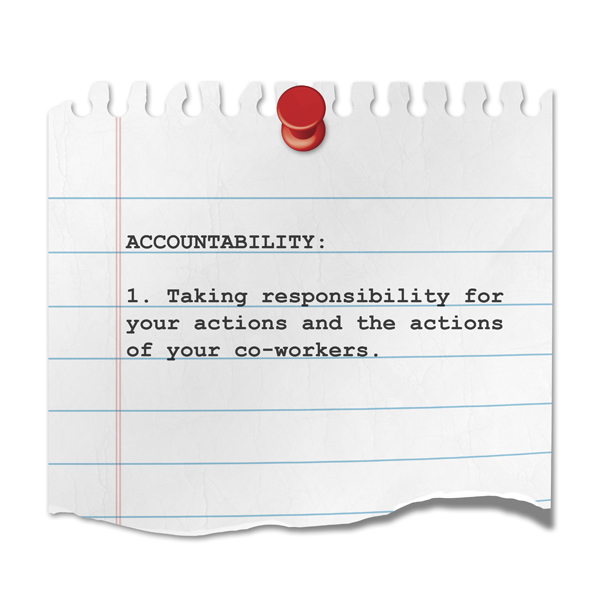5 Ways to Take on More Responsibility at Work - Business - Truths
3 Simple Techniques For 4 Successful Steps How I Take Responsibility at Work
Today's workplace is perhaps more interconnected than ever. What you do might not only impact your own performance, performance, and success, however your colleagues, teammates, managers, customers, etc. For this reason, it is imperative that you take responsibility for your actions and preserve a high level of individual responsibility even in the face of failure.

Is it worth it? Absolutely. In Look At This Piece following article, you will find what it implies to take responsibility for your actions, examples of taking responsibility at work, and the essential factors that affect one's probability of doing so. Taking responsibility for your actions requires the realization that you play a part in every circumstance or experience and for that reason, have some degree of responsibility over the results or consequences.


Fascination About 60 Responsibility Quotes - Inspirational Words of Wisdom
It indicates that your very first reaction when a error is made or a conflict emerges, isn't to blame others, make reasons, twist the truths, or flat out lie. Rather, you promptly acknowledge there is an issue, identify your function in it, and implement an action strategy to decrease (or entirely remove) the opportunities of it happening again.

Here is what that may appear like in action on the job: You acknowledge and own up to your part of what is taking place If your message is painful to somebody, you are ready to analyze how your interaction may have been destructive You don't blame others when you're at fault You do not make reasons for why things are happening You don't pawn off all the obligation (or all the failure) onto your team or subordinate If you continuously miss deadlines or necessary project parameters, you do not pretend that it is all out of your control If your staff member or group is stopping working, you don't stick head in the sand and remain in denial - you proactively throw down the gauntlet If your relationships are faltering, you're open to seeing how you're contributing to (and even exacerbating) the challenges and conflict As Martin Luther King Jr. stated in a 1953 radio address, "One of the most common propensities of humanity is that of putting responsibility on some external firm for errors we have made.
UNDER MAINTENANCE